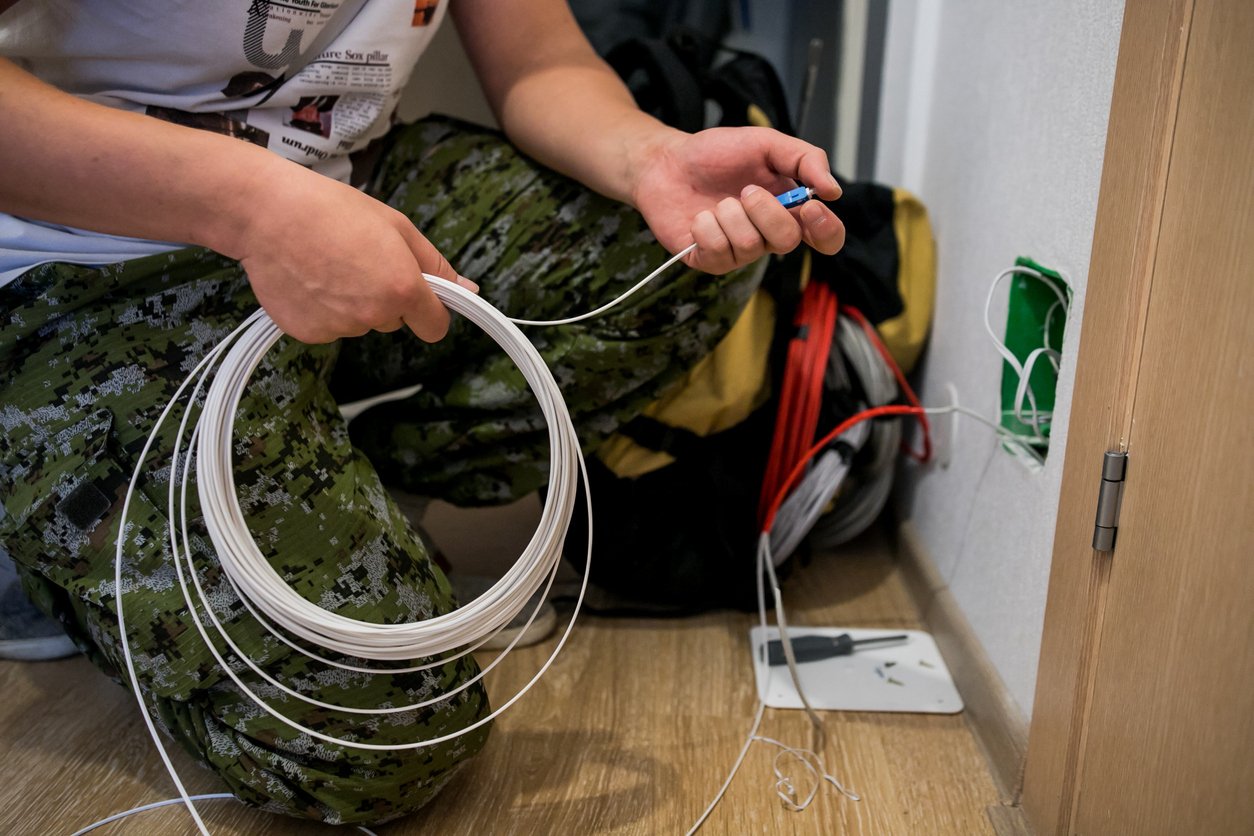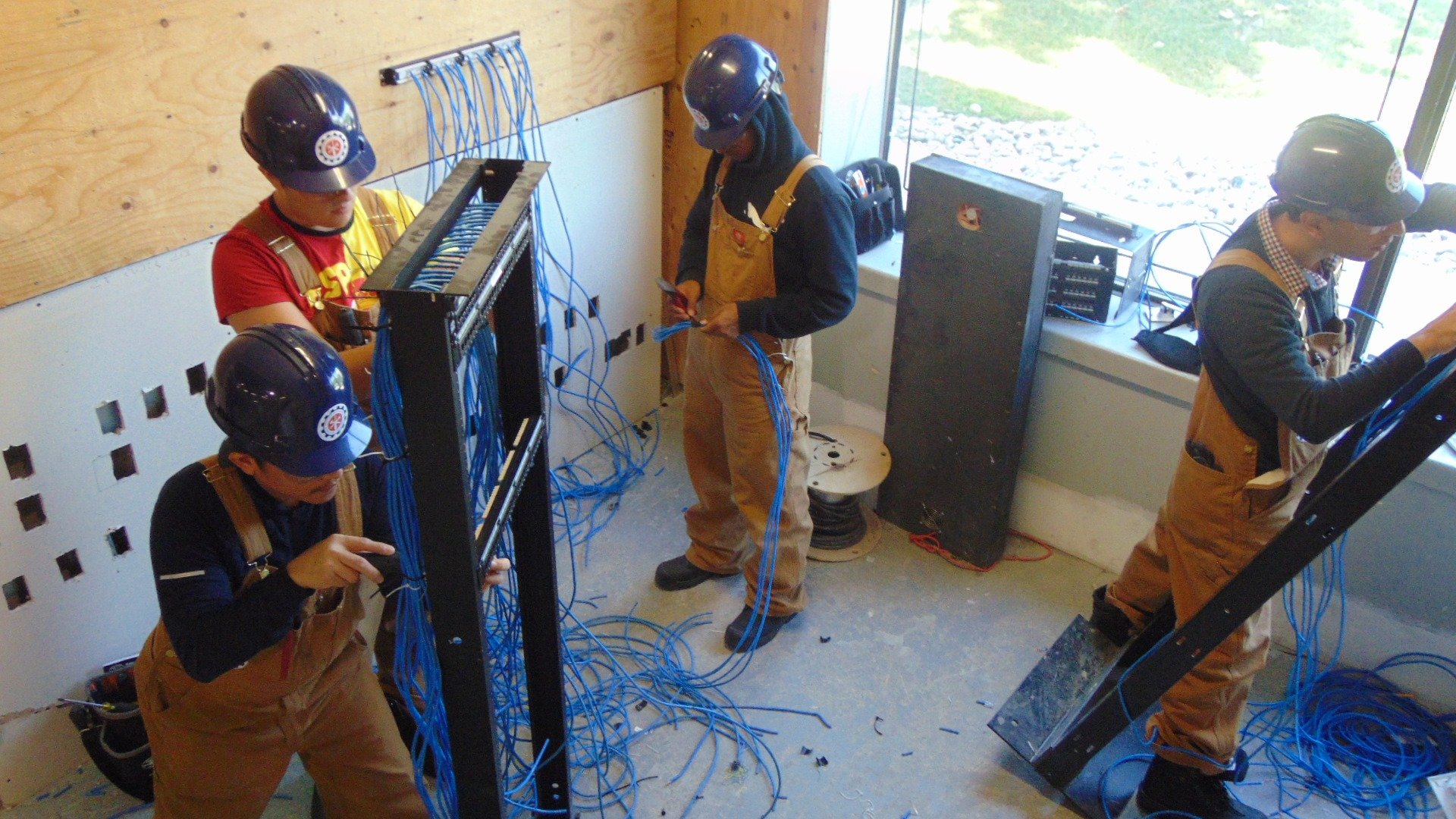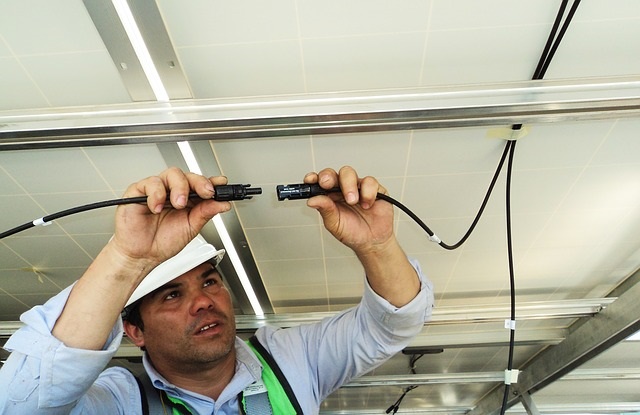Corporate offices, hospitals, smart homes…none of it works without the physical infrastructure that connects devices to the internet and each other. That’s where network cabling technicians come in. They install and maintain the cabling systems that keep our digital lives running the way they should.
Thinking about becoming one of them? You should know that while the work is rewarding, it’s not without its challenges. Tangled cables and tight crawlspaces are just two of the many obstacles that can crop up on the job.
The good news is that with the right training and techniques, these challenges can be overcome.
Let’s explore some of the most common issues in network cabling—and how to solve them.














